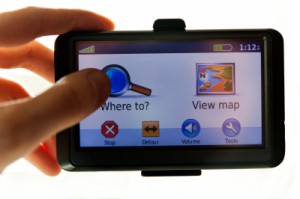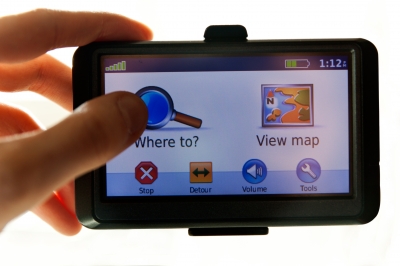 Locators at the Clark Development Corp (CDC), north of Manila, are insisting that the General Transport Surety Bond (GTSB) or underguarding for cargo shipments be maintained as an alternative to whatever cargo tracking system the Bureau of Customs (BOC) will finally require shippers.
Locators at the Clark Development Corp (CDC), north of Manila, are insisting that the General Transport Surety Bond (GTSB) or underguarding for cargo shipments be maintained as an alternative to whatever cargo tracking system the Bureau of Customs (BOC) will finally require shippers.
“The key really in getting CDC locators to agree to the cargo tracking system of the BOC is the retention of the GTSB and underguarding,” Roberto Domondon, former consultant of CDC locators on the BOC GPS Equipped Barrier Seal (GPSEBS) project, told PortCalls.
One of two systems — global positioning system (GPS) and radio frequency identification (RFID) — is being eyed by the BOC to track container cargoes in the Philippines.
The locators want a cheaper alternative to GPS or RFID, Domondon said, noting they “should be given a choice based on the nature of cargoes (shipped).”
But in a meeting with officials of the Philippine International Seafreight Forwarders Association late last year, Customs commissioner Rozzano Rufino Biazon seemed disposed to requiring only one system for everyone, saying this would be simpler to implement.
Biazon had earlier ordered his personnel to look at the tracking system more appropriate for use in the Philippine setting. Before Biazon assumed office, GPS was the bureau’s preferred choice. A Customs administrative order (CAO 4-2010) had in fact been signed requiring cargo owners to equip their cargo with an electronic GPS-equip barrier seal to allow tracking by BOC.
Société Générale de Surveillance is so far the only accredited service provider for the GPSEBS project. The use of the GPS would mean a fee of P750 to P2,200 per container compared to the GTSB or underguarding fee of only P350 per container.
GPS Device by graur razvan ionut http://www.freedigitalphotos.net/images/view_photog.php?photogid=987





